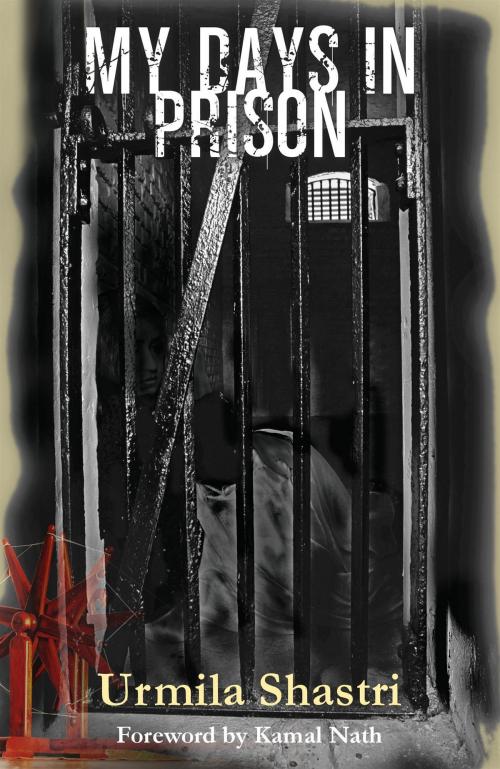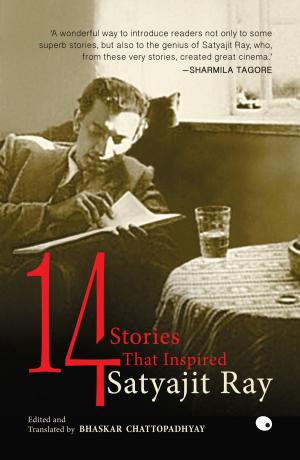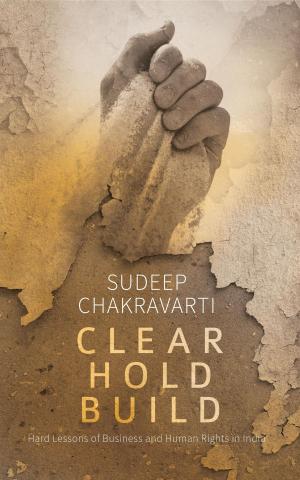| Author: | Urmila Shastri | ISBN: | 9789350294628 |
| Publisher: | HarperCollins Publishers India | Publication: | April 17, 2012 |
| Imprint: | HarperVantage | Language: | English |
| Author: | Urmila Shastri |
| ISBN: | 9789350294628 |
| Publisher: | HarperCollins Publishers India |
| Publication: | April 17, 2012 |
| Imprint: | HarperVantage |
| Language: | English |
Mahatma Gandhi called Indians to Civil Disobedience, with his Dandi March and the plea to boycott British goods. Millions of Indians bought and publicly set British goods on fire, exhorting others to follow suit - Urmila Shastri among them. She joined the Satyagraha Movement as a volunteer for the Congress in Meerut. On 17 July 1930, twenty-one-year-old Urmila was arrested on charges of picketing and instigating university students against the government. The case went to trial and the British magistrate offered to acquit her if she apologized in court. Urmila chose to go to jail for six months. Once again, when Mahatma Gandhi announced the Quit India Movement in 1942, Urmila courted arrest. This time, though, she fell seriously ill in jail and was denied proper treatment. She witnessed the inhuman atrocities that the jail authorities heaped on freedom fighters and other prisoners. With no other outlet for her angst, she wrote about her days there. She died at thirty-three, with a smile on her face and Gandhi's dream in her heart. Disturbing yet inspiring, this bilingual edition of Urmila Shastri's prison diary is an intimate chronicle of an epoch-making era.
Mahatma Gandhi called Indians to Civil Disobedience, with his Dandi March and the plea to boycott British goods. Millions of Indians bought and publicly set British goods on fire, exhorting others to follow suit - Urmila Shastri among them. She joined the Satyagraha Movement as a volunteer for the Congress in Meerut. On 17 July 1930, twenty-one-year-old Urmila was arrested on charges of picketing and instigating university students against the government. The case went to trial and the British magistrate offered to acquit her if she apologized in court. Urmila chose to go to jail for six months. Once again, when Mahatma Gandhi announced the Quit India Movement in 1942, Urmila courted arrest. This time, though, she fell seriously ill in jail and was denied proper treatment. She witnessed the inhuman atrocities that the jail authorities heaped on freedom fighters and other prisoners. With no other outlet for her angst, she wrote about her days there. She died at thirty-three, with a smile on her face and Gandhi's dream in her heart. Disturbing yet inspiring, this bilingual edition of Urmila Shastri's prison diary is an intimate chronicle of an epoch-making era.















